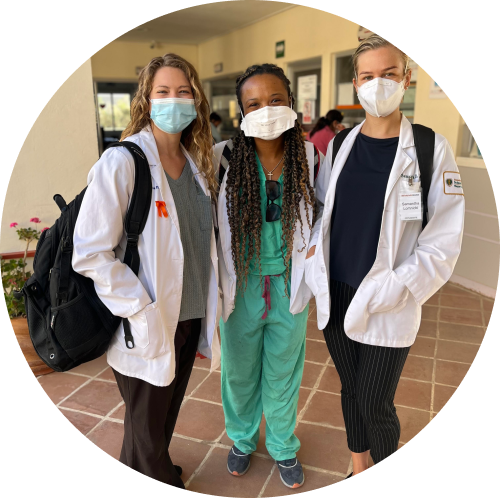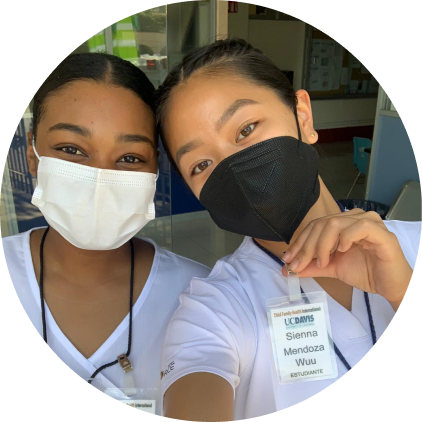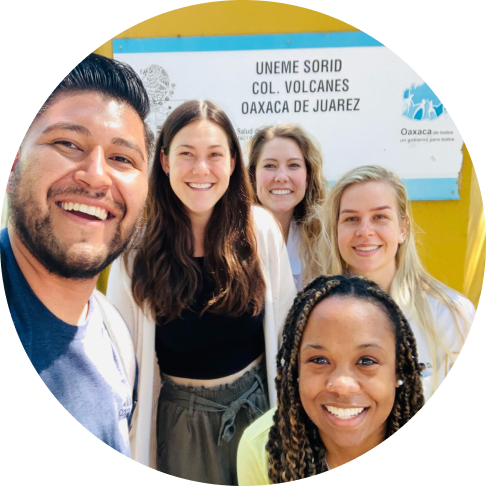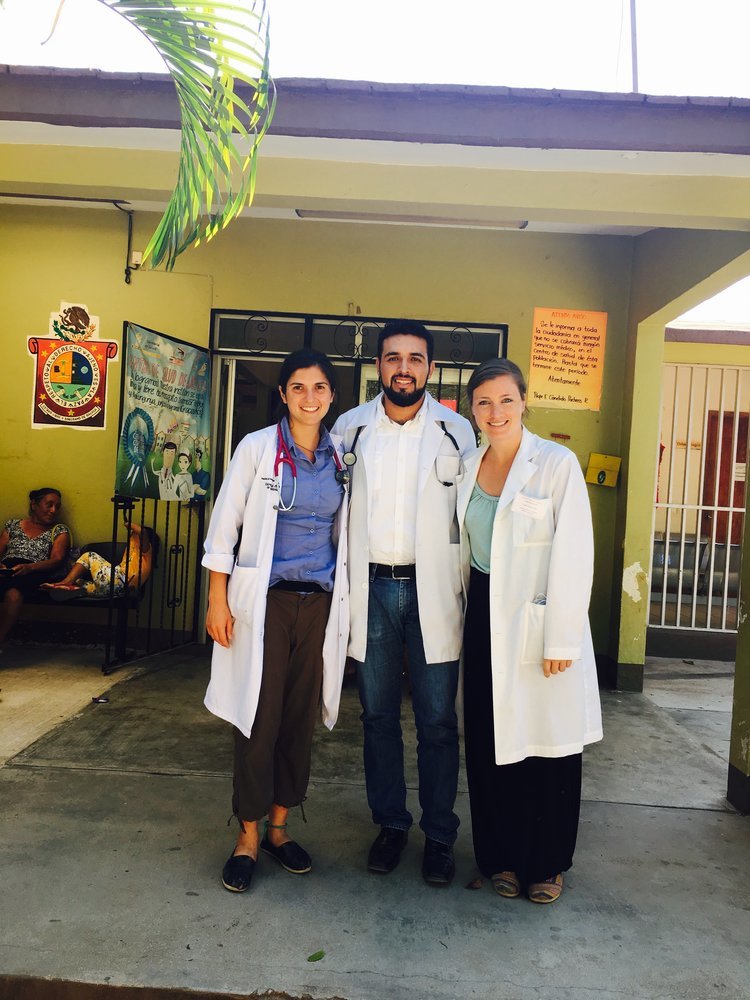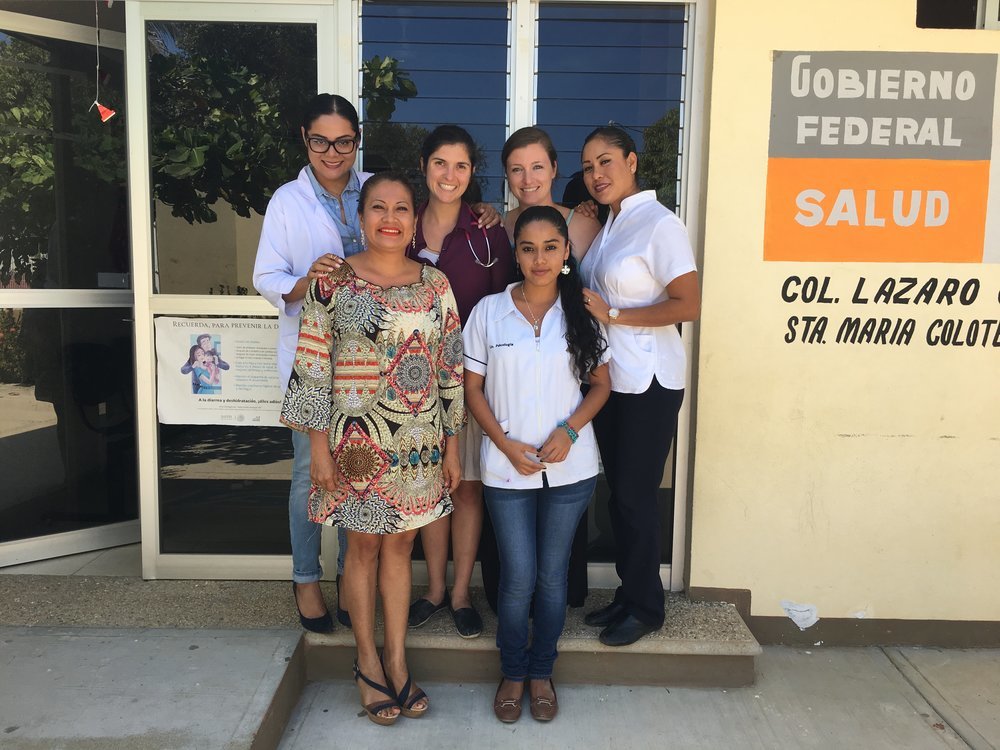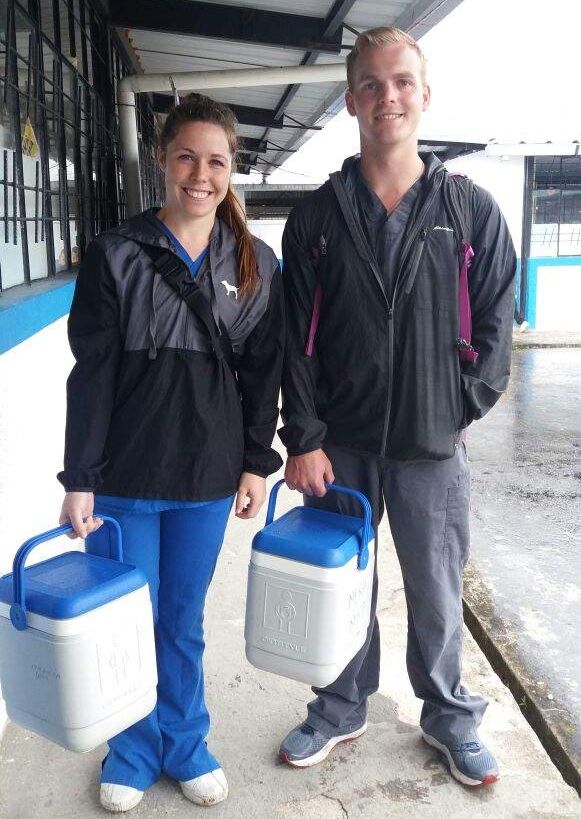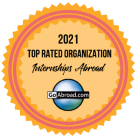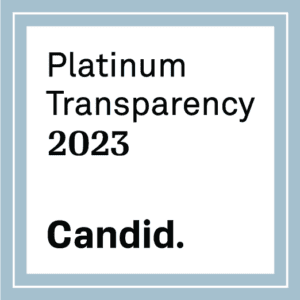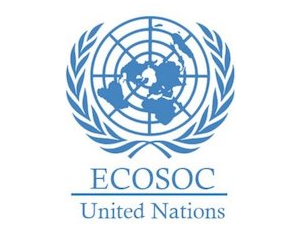- Home
- All programs
- Global Health in Mexico (Puerto Escondido)
Global Health in Mexico (Puerto Escondido)
Apply NowProgram overview
Venture south to the coast of Mexico to immerse yourself in rich Oaxacan culture and language. Become acquainted with life in a small, tranquil coastal city nestled against the breathtaking Sierra Madre del Sur mountain range. Puerto Escondido, meaning hidden port and commonly known as Puerto, is an idyllic setting on the southern coast of Oaxaca, home to spectacular tropical beaches, coastal lagoons and vibrant nightlife. Yet despite the idyllic setting, Puerto faces a double burden of disease, where mosquito-borne illnesses, malnutrition, diabetes, obesity and cardiovascular disease are prevalent among the population.
As a CFHI participant, you will dig deeper into the healthcare system and Oaxacan culture by learning from local health professionals through rotations in government-run primary care clinics known as Centros de Salud. The focus of the program is on community-based care and access to primary care services provided to low-income populations.
CFHI participants enjoy a full cultural immersion experience while living with a local family in Puerto Escondido, taking Spanish language classes, and enjoying coastal life.
About this program
- Location
- Accommodations
- Arrival Information
- What's Included
- Things to Do
- A Day in the Life
- Alumni Advisor
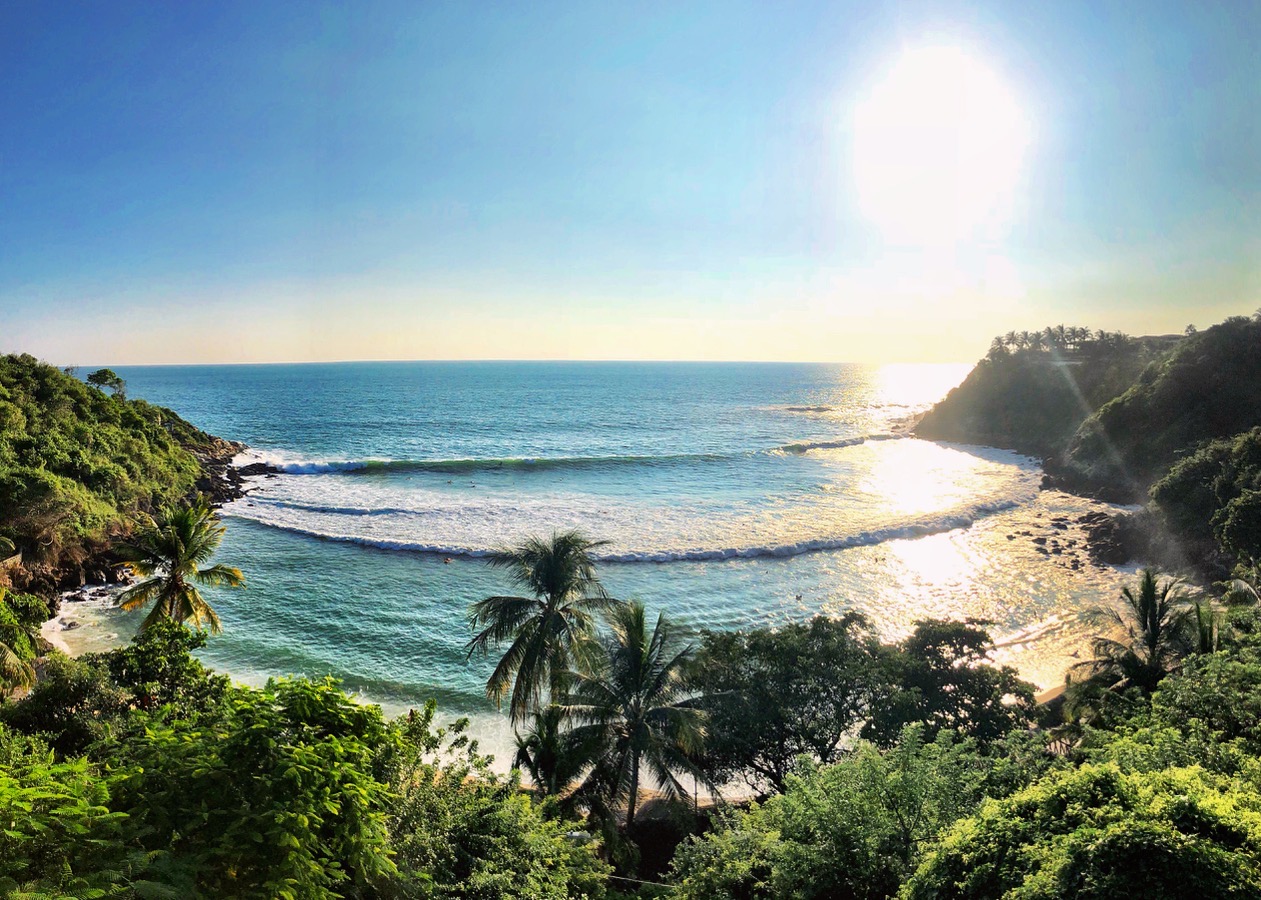
Puerto Escondido, commonly known as Puerto, is situated along Oaxaca’s majestic coastline. Mexico’s southern state of Oaxaca is best known for its indigenous peoples and cultures, representing 34.2% of Oaxacans, the most populous being the Zapotec and Mixtec. Four vast and ancient mountain ranges converge in Oaxaca-Sierra Madre del Sur, Sierra Madre de Oaxaca, Sierra Norte and Sierra Altravesada – which helps to explain why 53% of Oaxacans live in rural areas that remain largely inaccessible. Just beyond the Sierra Madre del Sur lies the sweeping Pacific Ocean and a lively little coastal town of 45,000 inhabitants, Puerto Escondido.
Puerto is unique in that it retains its charm as a small fishing village and market town, even as a popular surf hub. Surfers and travelers from around the world flock here for spectacular beaches, tropical weather and daily sunshine, a relaxed pace of life, an energetic nightlife and all the richness of Oaxacan culture and cuisine.

Program participants will find their home away from home in carefully selected homestays, screened by CFHI Local Coordinators in Puerto Escondido and following CFHI’s health and safety guidelines. Homestays are located in Bacocho and Rinconada, both middle to upper class residential neighborhoods, as well as El Centro, a busy part of town, and offer the perfect blend of comfort and authenticity, with excellent access to clinical sites, the language school, public transportation, shops, restaurants, and cafes. In some cases, CFHI scholars share a house or a room in the same homestay with fellow program participants.
Going beyond mere lodging, these homestays provide a unique opportunity to learn about the local culture and practice Spanish skills on a daily basis in an informal setting. Accommodations include two meals per day. At the welcome orientation, participants will be instructed on culture and work etiquette to have the best experience in both homestay and the health setting.
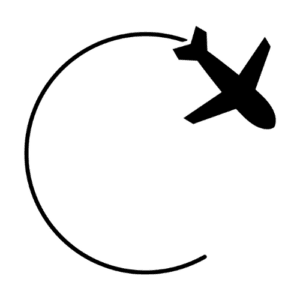
Participants should arrive in Puerto Escondido on the program start date before 8pm to be picked up from the airport by a CFHI representative and taken to the language school to meet with the Local Coordinator, or to their homestay depending on arrival time. A welcome orientation and dinner will take place the Sunday after arrival.
Visas are not required for U.S. citizens staying less than 6 months in Mexico. More information on travel and logistics will be provided by CFHI after acceptance into the program.
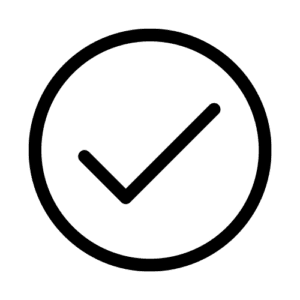
What’s Included
CFHI Program fees include the majority of your on the ground costs. As a nonprofit, CFHI strives to keep fees low and offers fundraising opportunities, scholarships and discounts.
Pre-Departure Support
- Program advising and support via email, phone, and web meeting from CFHI’s Central Leadership team
- Detailed online Pre-Departure Training that includes modules on program logistics (flights, visas, immunizations, and more), intercultural learning, introduction to health realities at your program site, and much more
On-Site Services
- Airport pick-up upon arrival and transportation with a local CFHI representative to your program lodging
- Welcome orientation 1-2 days after arrival covering safety, transportation, and other logistics
- Spanish Classes: approximately 20-30 hours/month of Spanish classes, consisting of either 15 two-hour small group Medical Spanish classes OR 15 one-and-a-half-hour private classes. Students will receive a workbook for their entire course that covers grammar and medical spanish vocabulary. A diploma will be given to the student at the end of the course that accredits the level obtained
- CFHI Local Team that provides instruction, logistical support, and 24/7 emergency response
- Meetings and lectures on local healthcare system, socio-economic determinants of health and current cultural/historical topics.
- Placement and coordination of clinical and any public health activities (if relevant)
- Accommodation and two meals per day
- Support obtaining a local SIM card if needed
- International emergency medical and evacuation insurance (unless waived by your university or institution)
Post-Return Resources
- Opportunities to engage as a CFHI Alumni Ambassador, reviewing scholarship applications, speaking on CFHI panels, and more
- Access to CFHI alumni-only social media group/s featuring news and career opportunities related to Global Health
- CFHI alumni newsletter highlighting events, professional development opportunities, resources, and ways to stay involved
Uniquely, 60% or more of CFHI student program fees go directly to the communities they will be visiting, benefiting the local economy at large.
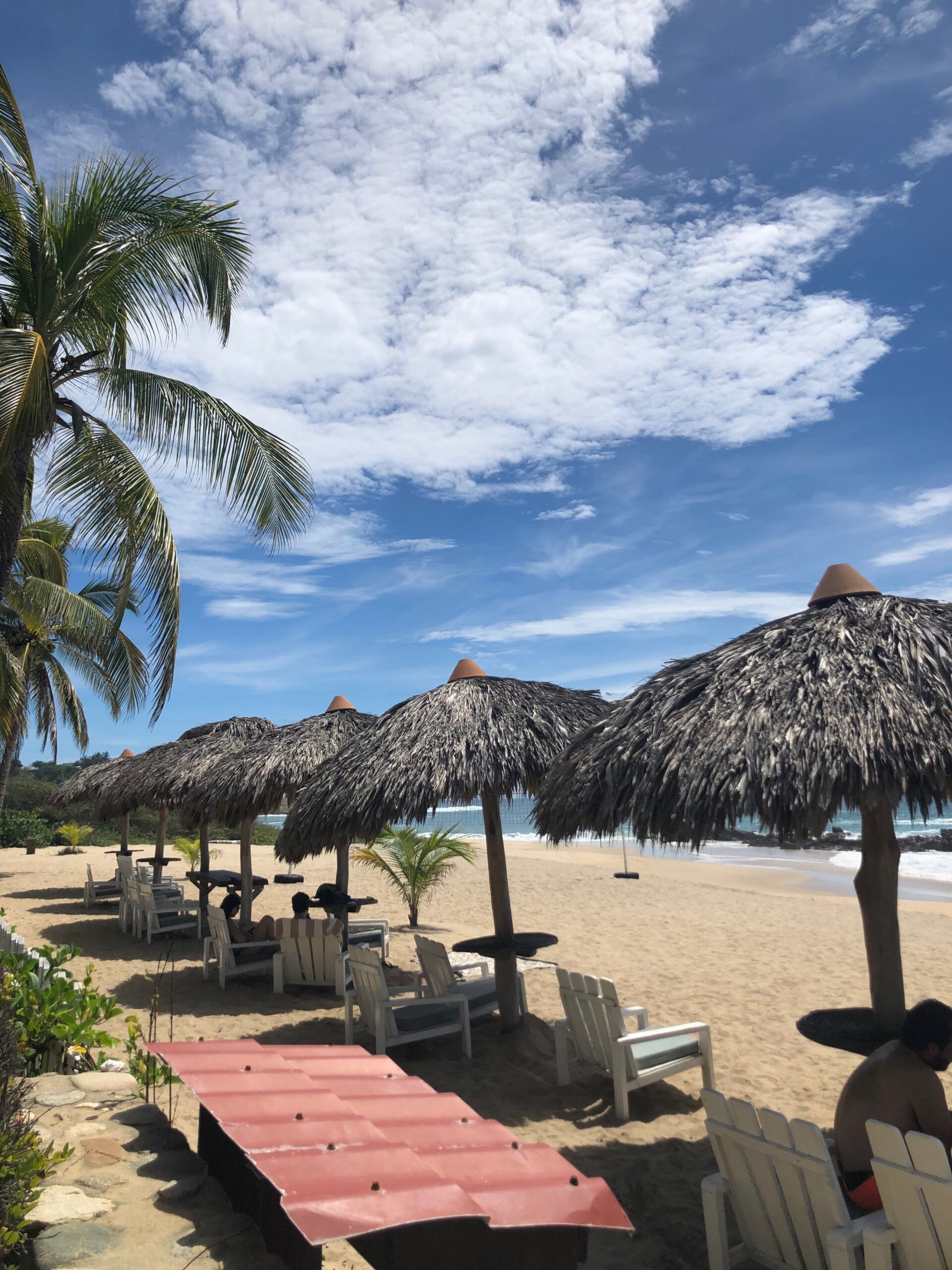
CFHI participants have free time during most evenings and weekends and are encouraged to take part in cultural activities offered within Puerto Escondido.
Puerto is an ideal place to relax and enjoy the slow pace of life. Its many pristine beaches – Playa Zicatela, Carrizalillo, Principal, and La Punta – offer majestic spots for sunbathing, surf and body board lessons, or a chance to observe sea turtles. Wake up before the sunrise to take a boat ride from Playa Principal to go fishing or see dolphins in the southern Pacific Ocean. Stroll down Playa Zicatela’s promenade – the main drag – to buy local crafts, visit the many cafés and restaurants along the beach, relax in a hammock, or take a stroll over rocky oceanside cliffs to look out at the ocean from Puerto’s well known lighthouse. Even though it’s easy to keep busy in Zicatela or La Riconada, it’s well worth your time to visit El Centro, where many festivities take place. About an hour outside of Puerto, visit Manialtepec or Lagunas de Chacahua National Park for boat tours around mangroves to observe birds and other wildlife.
The Local Coordinator runs the language school and where students will be taking Spanish language classes, and is also a wealth of local knowledge to help participants make the most of their time in and around Puerto Escondido.
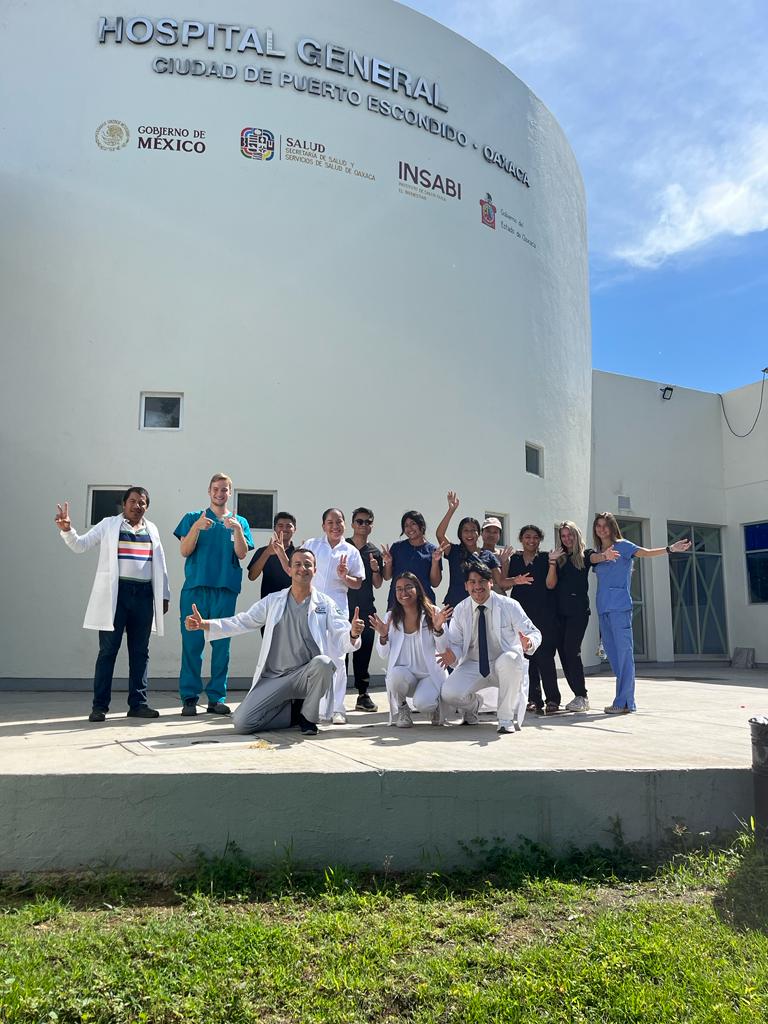
A typical day in a CFHI program is a blend of immersive learning, cultural exploration, and personal reflection. Participants begin their mornings with breakfast at their homestay, followed by 4-6 hours of clinical rotations. The clinical site assignments and schedule are shared by the local team upon arrival. In the afternoon, participants attend Spanish classes at the language school, with the hours and regularity varying based on the program. Weekends are free of program-planned activities.
Hello! My name is Amir Devine.
I am a Senior at UCSD studying Global Health. I participated in the Global Health in Puerto Escondido program in August 2024 and am now the alumni advisor for the program. I enjoyed my experience immensely and learned huge amounts about the health system of Mexico while significantly improving my Spanish. My hobbies include surfing, snowboarding, and enjoying the outdoors, and I look forward to helping new program participants navigate their experience!
Clinical Rotations & Public Health Placements
Meet the Local Team
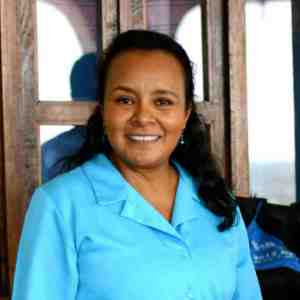
Dr. Isabel Saucedo - CFHI Puerto Escondido Medical Director
The local Medical Director oversees and arranges all clinical and public health-related activities and is also responsible for coordinating healthcare and emergency services for participants as needed. They coordinate a cadre of preceptors who mentor and supervise program participants at both clinical and public/community health sites.
Dr. Saucedo has worked for CFHI since 2008. She is a Medical Doctor and also has her Master’s in Public Health form the National Institute of Public Health in Cuernavaca, Mexico. In addition to her work with CFHI, she is the Reproductive Health, Equity and Gender Coordinator for the Oaxaca Ministry of Health. She enjoys working with CFHI students and learning about different health systems. Dr. Saucedo lives in the countryside and loves gardening and raising chickens.
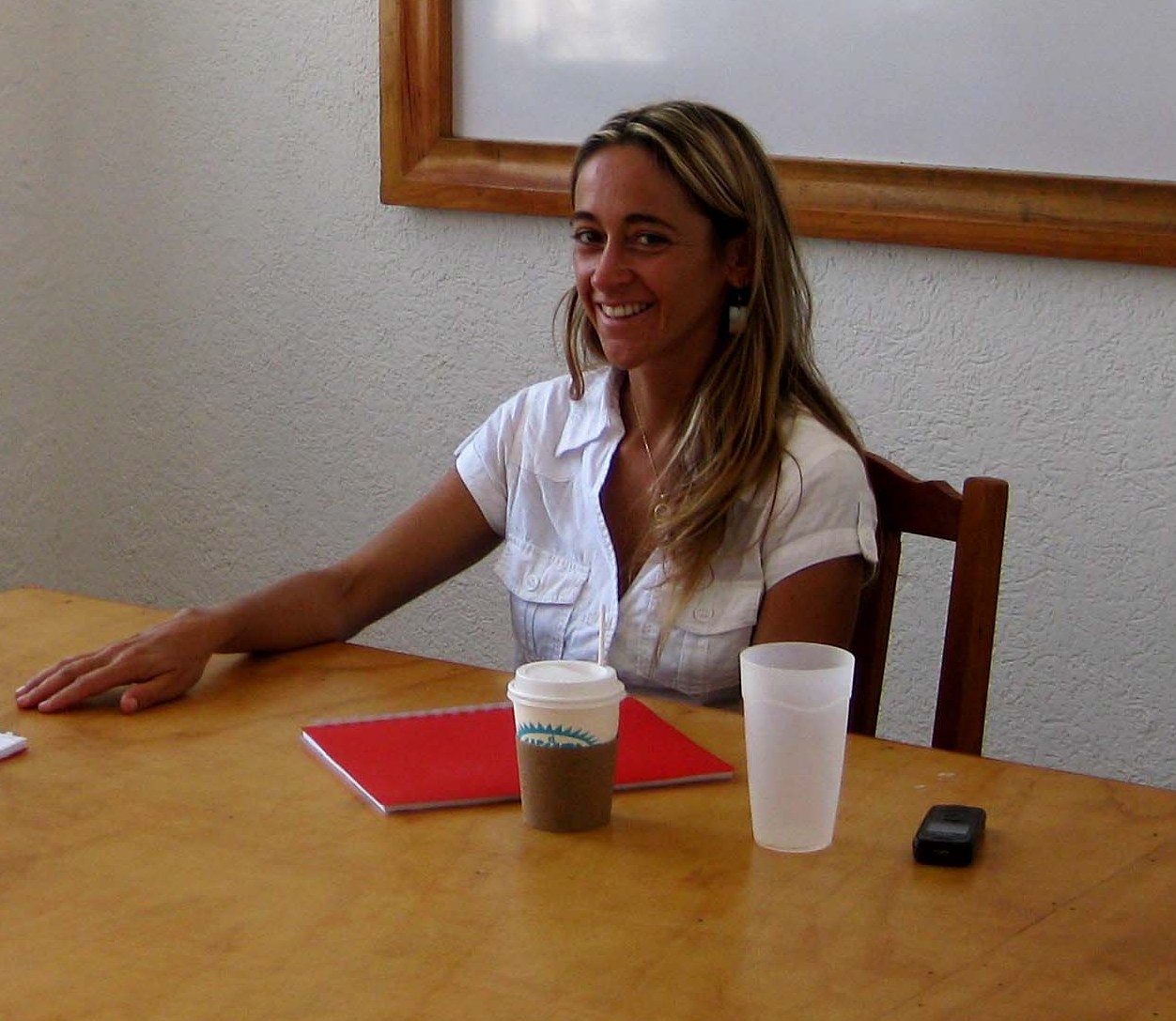
Soledad (Sol) Fernandez- CFHI Puerto Escondido Local Coordinator
The CFHI Local Coordinators manage the logistics of housing, transportation, and cultural immersion throughout the program. They are a valuable resource for any questions related to navigating the program locale, cultural norms, and tips on planning weekend travel.
Sol has worked for CFHI since 2006. She has her degree in Social Communication from the Catholic University of Uruguay and is certified in teaching Spanish as a foreign language. She has worked as a Spanish instructor since 2003 and is the owner and manager of a local surf and language school that CFHI students attend. She believes the benefits of CFHI programs are numerous and enjoys working with CFHI students and creating connections between Mexico and other countries. Sol has always lived near the ocean and her favorite hobby is surfing, which brought her from her native Montevideo, Uruguay to Puerto Escondido where she has lived since 2001.
Eligibility
This CFHI program is ideal for participants who are 19 years of age or older with an Intermediate Spanish level or above, who have an interest in fields related to primary health care, maternal & reproductive health, communicable diseases, and/or public health. You do not need to be a student to be eligible for this program; mid-career professionals, GAP year learners, and others are also welcome. This program will provide an in-depth overview of primary health care, maternal & reproductive health, communicable diseases, and/or public health in Latin America through visits and experiences within hospitals and clinics in the city of Puerto Escondido. To confirm your eligibility, please read CFHI’s general eligibility requirements.
The Sustainable Development Goals are a global roadmap set forth by the United Nations General Assembly to end poverty, protect the planet, and ensure the well-being of all individuals by the year 2030. This program highlights the following SDGs:
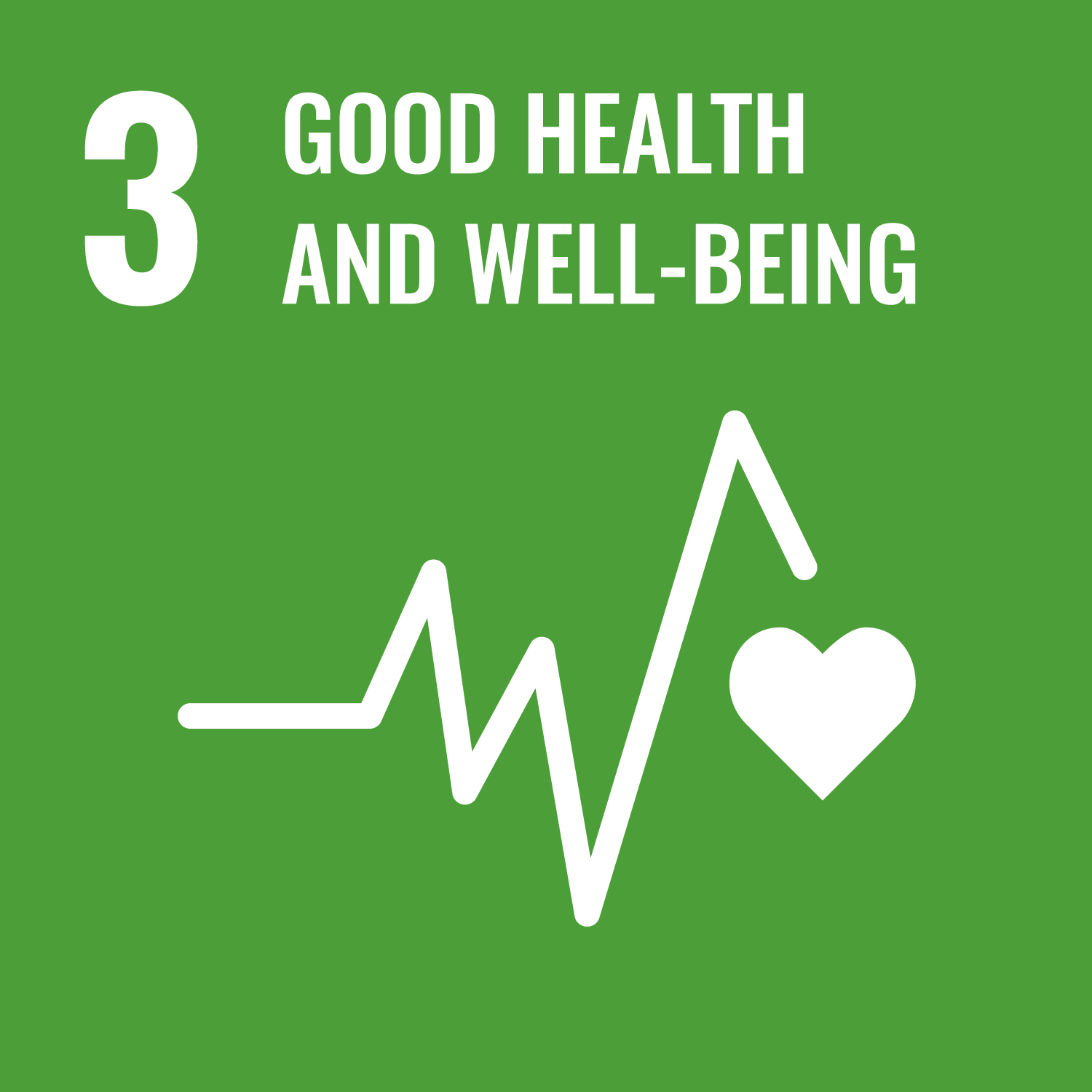
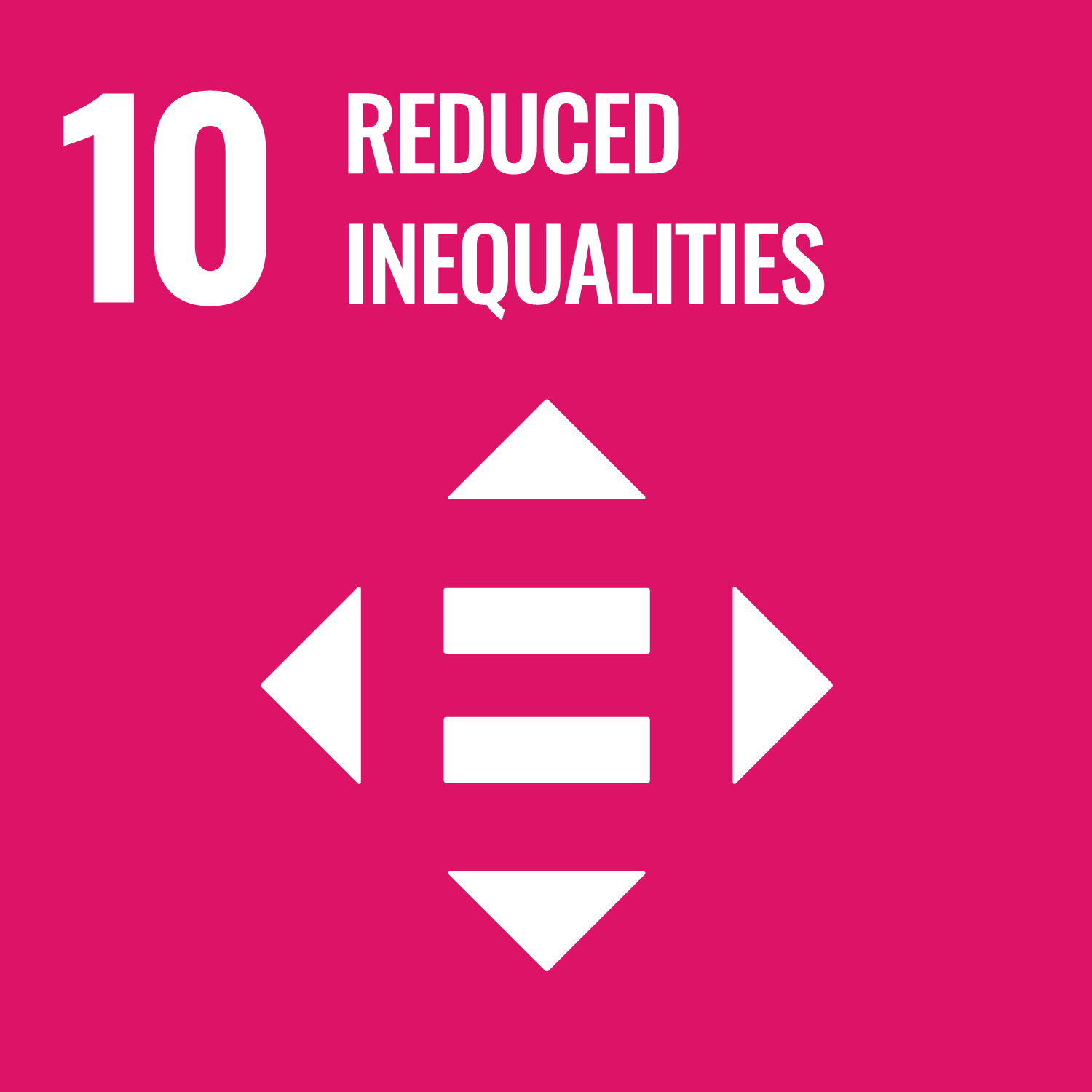
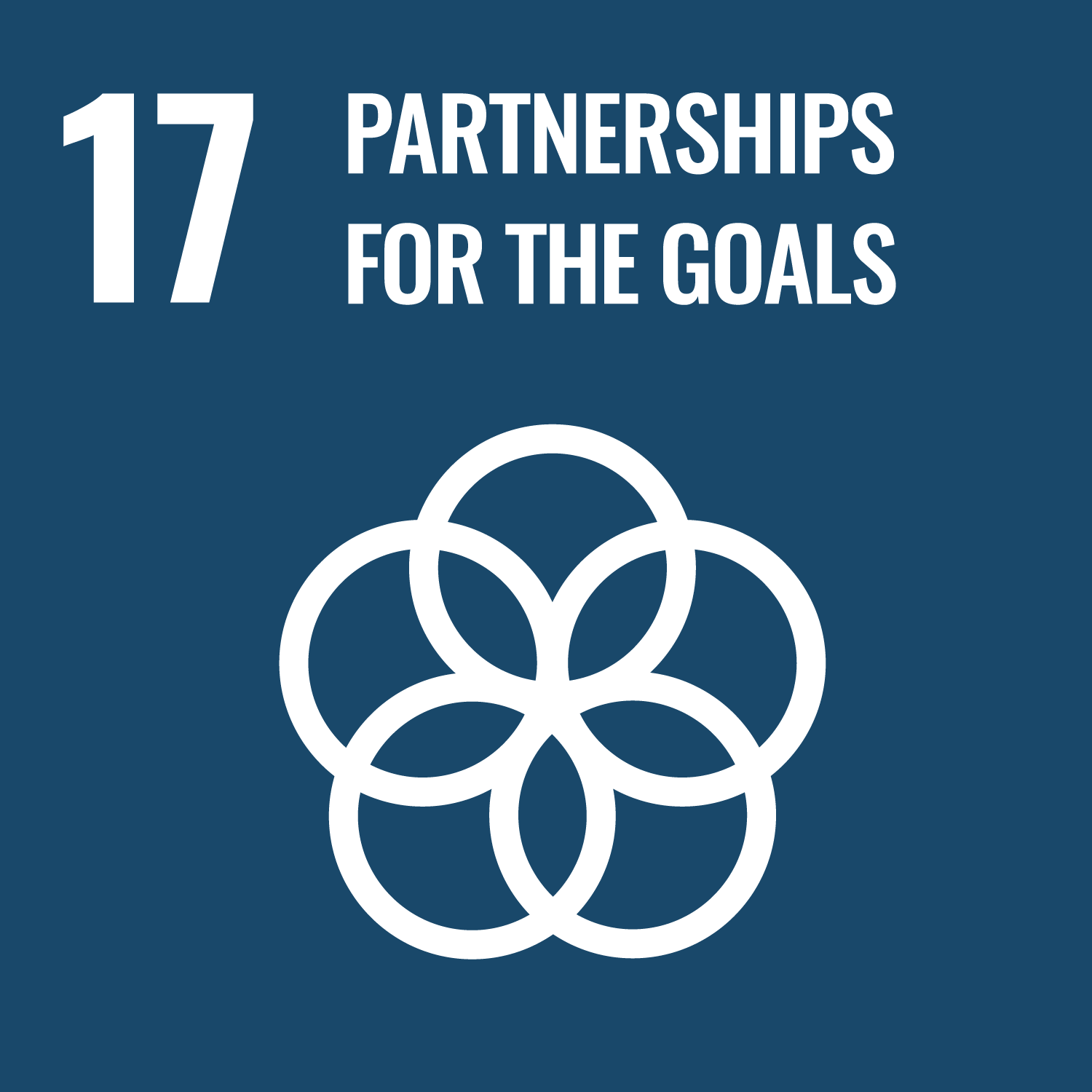
How to Apply
Create profile
Submit application
Hear back from CFHI team
Complete pre-departure training and requirements



Let The World Change You
